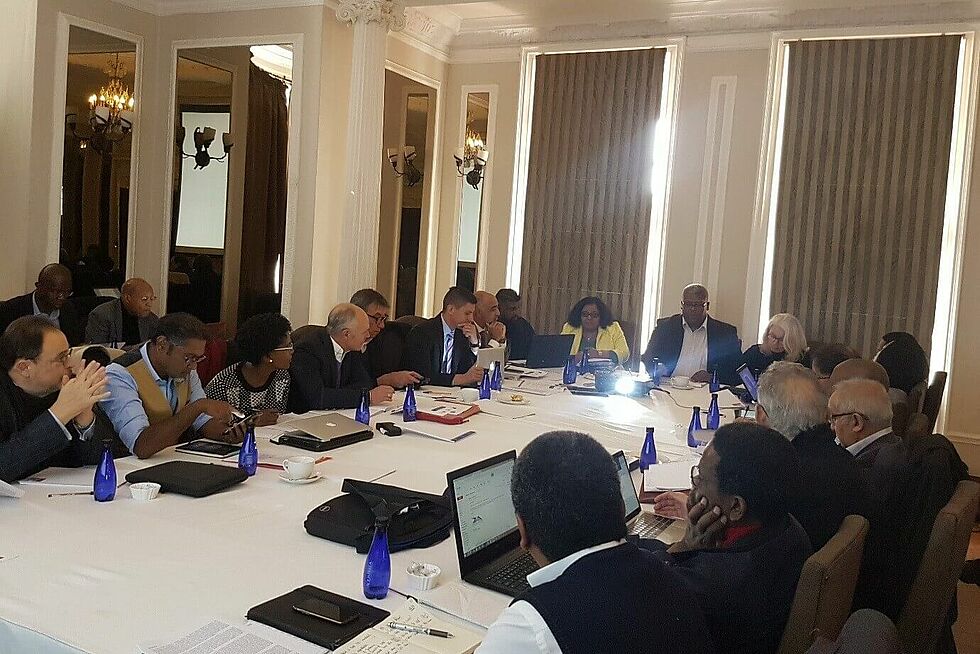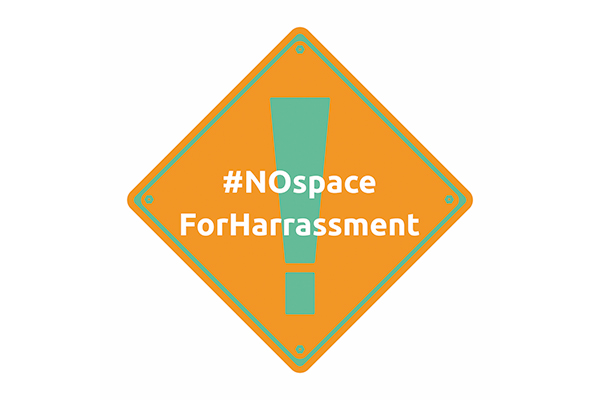ANC Academic Sector Dialogue on International Relations Policy
In close cooperation, the two organisations held international solidarity conferences, strategy workshops and exchanges as well as scholarships for ANC members and Trade Unionists that had to go into Exile. Since then, the FES is facilitating the exchange between the Social Democratic Party of German (SPD) and the ANC as well as between representatives of the workers movement of both countries. To this day, this is an important part of our project related work on supporting democracy and civic participation, sustainable socio-economic transformation as well as dialogue on international relations and foreign policy conducted from the FES South Africa office.
On 12 of June, 2017, the African National Congress’s Subcommittee on International Relations together with the SARCHI Chair: African Diplomacy and Foreign Policy and the Friedrich-Ebert-Stiftung South Africa, co-hosted the Academic Sector Dialogue to review the
“The ANC in an unpredictable and uncertain world that is characterised by increased insecurity and the rise of populism: An ANC NEC International Relations Sub-Committee Discussion Document Toward The 5th National Policy Conference”.
With progressive internationalism as the centrepiece of the document, South Africa was noted for its catalytic role as bridge-builder and progressive force in advancing a development agenda in global governance. However, it was found that the ANC’s worldview is now outdated and unable to live up to previous expectations. It indicates that South African foreign policy is in a transitional state from its current ‘solidarity’ perspective and approach toward a more considered ‘international public policy’ and strategic approach to international relations. This strategic approach requires constant pragmatic balancing of ideological tendencies with national interest imperatives in order to navigate a complex global and African strategic landscape fraught with contradictions.
The current emphasis the ANC lays upon BRICS will only be helpful if South Africa understands BRICS as a loosely aligned alliance that South Africa can use to facilitate its vision of the African Renaissance and improved South-South coordination. Similarly, rather than falling into a binary worldview of power dynamics, it is recommended that South Africa follow an independent posture on foreign policy. As such, while South Africa is tempted to strengthen economic diplomacy to maximise benefits for the South African people, foreign policy should not be reduced to economic diplomacy in this post-human rights world order. South Africa must improve its interdepartmental coordination and consider the role of para-diplomacy in the pursuit of its objectives. While South Africa is likely to share commonlalities with other African countries and countries of the South, it should be mindful that alliances are not cast in stone, and that there is a need for flexibility and openness in order to play a meaningful role in the global system.
Friedrich-Ebert-Stiftung
South Africa Office
34 Bompas Road
Dunkeld West
Johannesburg



